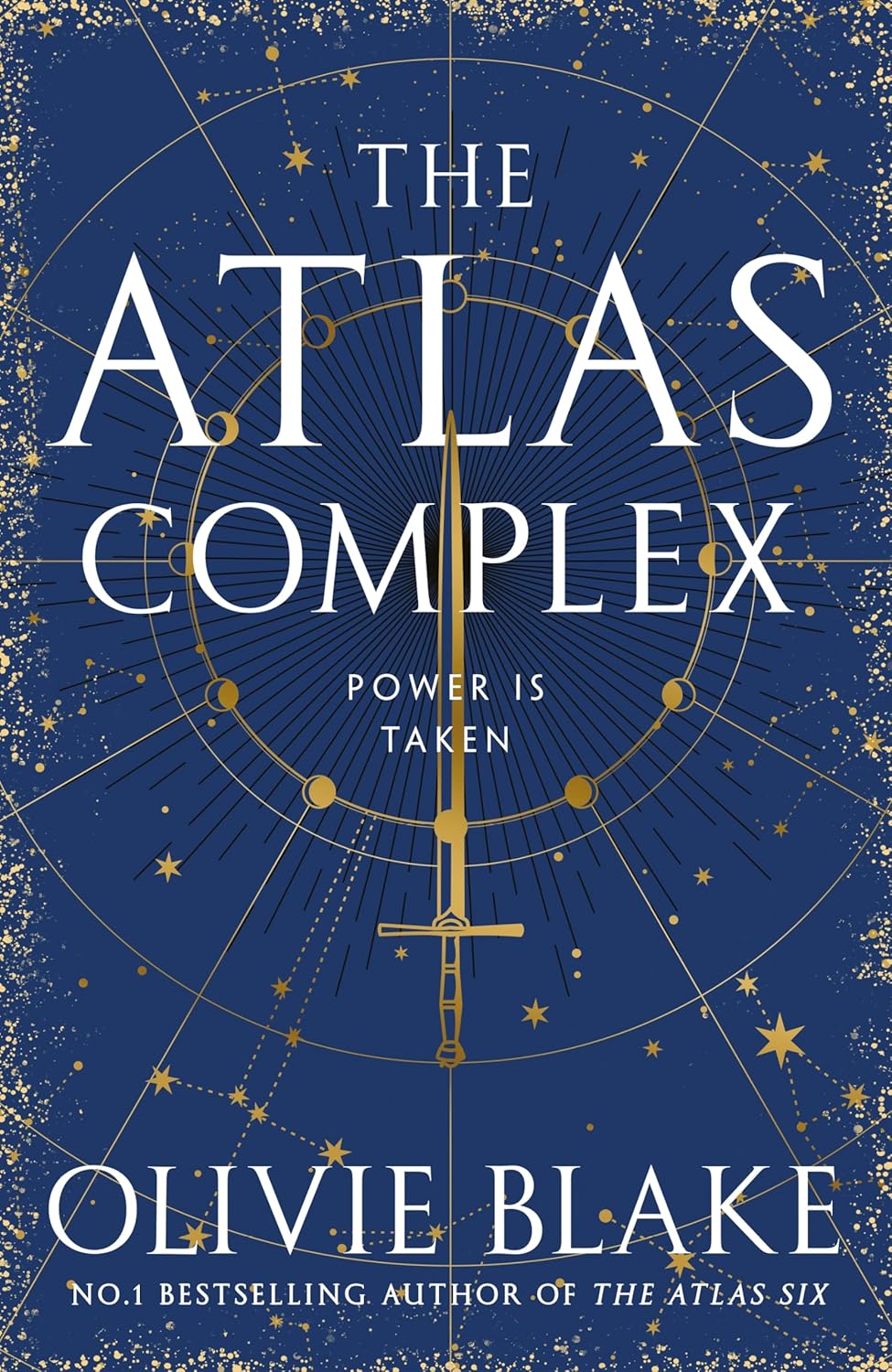The point is there are no villains in this story, or maybe there are no heroes. [p. 11]
Concluding the trilogy which began with The Atlas Six (which I liked a lot) and continued with The Atlas Paradox (which I liked less). Sadly the trend has continued. Having tried and failed to read The Atlas Complex last year, I have screwed my courage to the sticking point (= reread the first two novels) and got to the end.
Lots happens, including a great deal of philosophising, some daring escapes, a plethora of melodrama and some entertaining interpersonal friction. Some people have happy endings. Some people get together romantically and / or sexually. Some people have changed dramatically (though not necessarily credibly) since the first book. Some people die -- or perhaps they don't. If a death happens off-page is it real? If a death happens on-page is it real?
There is an ending. And then another. The Atlas Complex feels as though it can't commit: as though it needed at least one more edit to chip away the loops and possibilities and reveal something definite and climactic.
NB: 'Rhodesian', used here to mean 'like Libby Rhodes', is a word that will jar anyone old enough to remember the previous name of Zimbabwe.
I wish this had been the finale that the first novel promised. But I will keep reading Olivie Blake's work, because when it's good it's fabulous.
"How many god complexes does it take to change a lightbulb?”
“Six. Five to agree on one to die,” said Tristan. [p. 251]

No comments:
Post a Comment